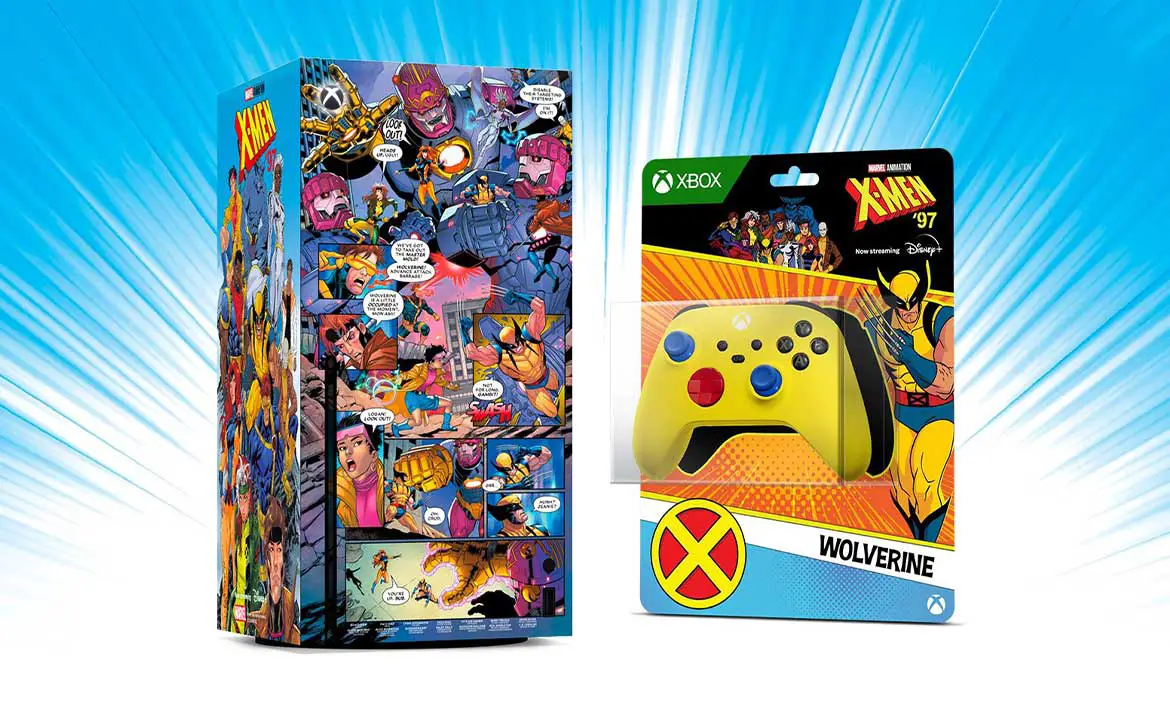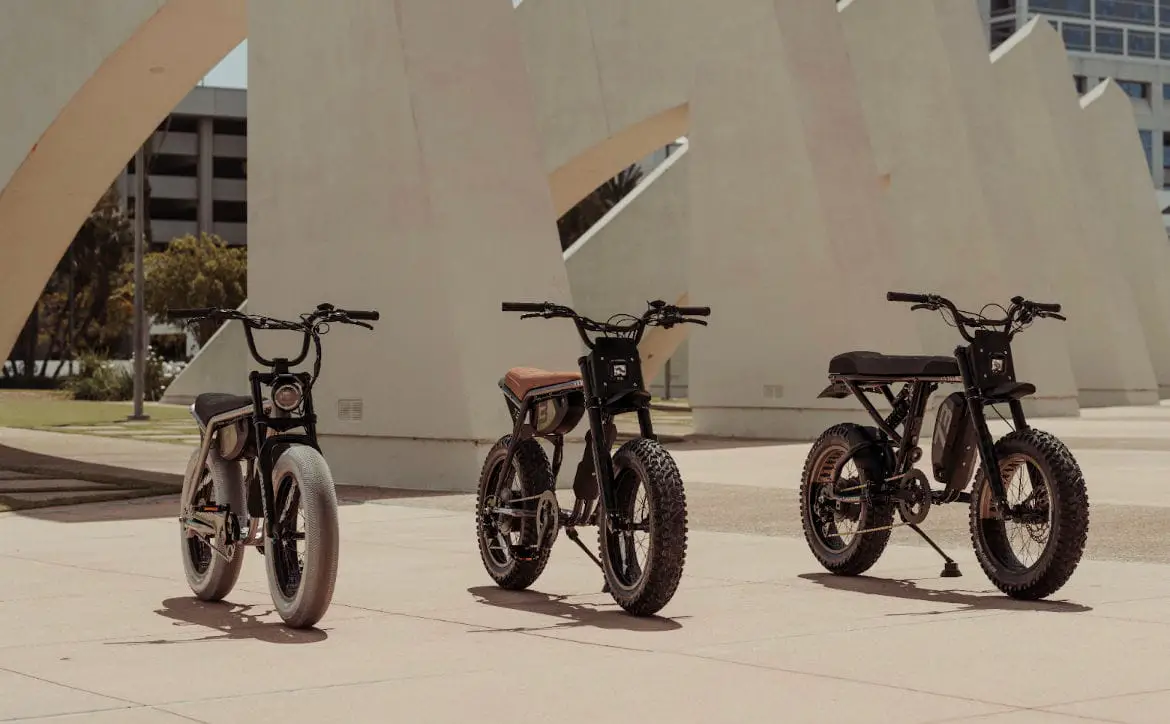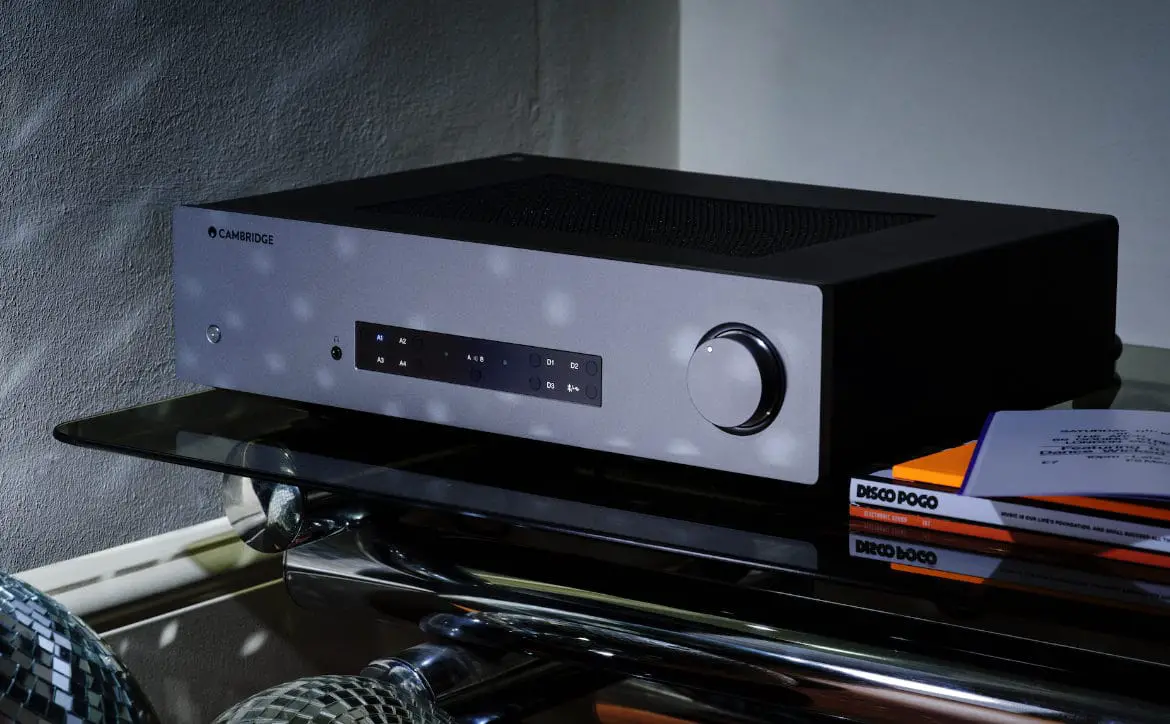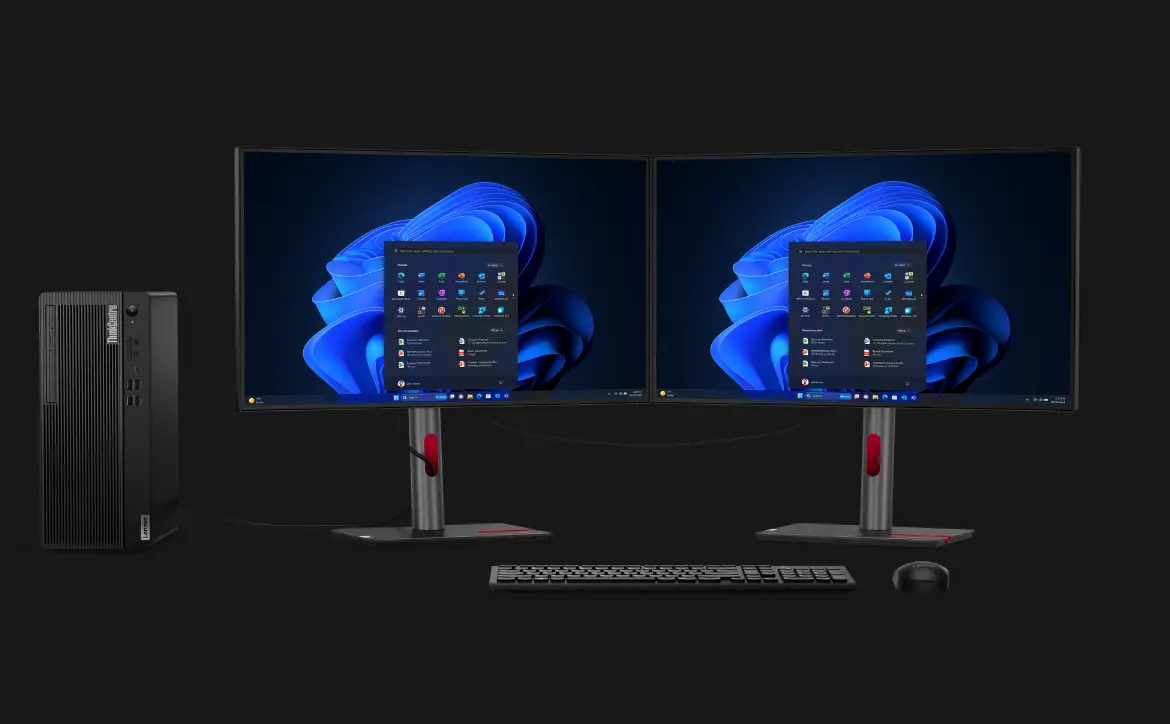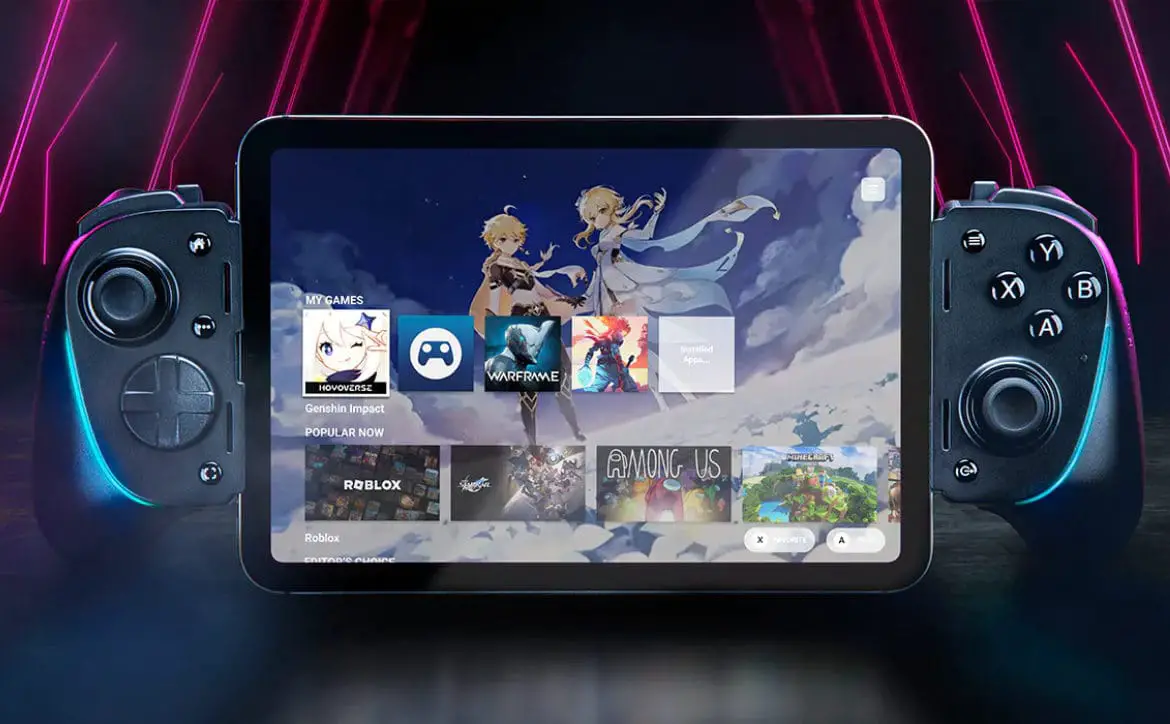Developer and Ludum Dare participant Diego F. Goberna (@feiss) has uploaded an awesome in-browser game called Orion that simulates getting to space by running through a rudimentary list of checks and balances, as well as flipping switches. Sure, doesn’t sound fun on paper, but in execution it’s a fantastic game that manages to immerse you in the cockpit experience through gorgeous pixel art and atmospheric sounds.
For those unaware of Ludum Dare, it’s a weekly timed game development competition that pits developers against each other in an effort to create a themed game in only 48 hours. Once that time period is over, developers must submit their games and they are then voted on by gamers in the Ludum Dare community where a winner is chosen. The competition has its roots all the way back in 2002, and if you have any interest in video games or game development, they are really worth checking out and supporting at Ludumdare.com.
Orion was developed in just two days under the theme of “Entire Game On One Screen,” which Goberna brilliantly translated to having it in a cockpit of an about-to-launch space craft. Working completely alone on only four hours of sleep, the game was completed at an “easy and calm” pace, as the developer told me.
Similar to a real launch, the player is required to flip a number of switches to perform a few checks before the actual launch. Once in the air, the game becomes a time management simulator of sorts. You are tasked with keeping your pitch at “0” with your up and down keys as a simplified way of simulating controlling the craft as it gets into orbit. On top of that, you need to perform various other tasks and flip other switches. When you perform these tasks, it advances your place in the solar system as you move towards the end goal, and they get more complicated as you go, requiring more time away from the up/down movements to keep your pitch stable. Spend too much time adjusting vent levels and your pitch will get out of whack, leaving you floating in the dark void of space until it’s game over.
As Goberna told me in an email correspondence, inspiration for the game first sprung from having a physical monitor in the game that other games would be played on. He then jumped from that to multiple screens, which then naturally morphed into the cockpit we see in the finished Orion. It was a game that grew out of the immersion aspect first, gameplay second, and it works to great effect. The name comes from the other piece of inspiration, NASA’s successful test flight of the Orion spacecraft.
The entire game plays seamlessly in your browser, and is even somewhat playable on mobile devices, but the developer says he is still working on making that portion more refined. The most fun way I’ve found to play is on a laptop with a touchscreen, as you can really press all the buttons on-screen, then reach down to use your keys when necessary. Mouse and keyboard work just fine, though.
It’s honestly amazing just how immersive the short game is with simple pixels graphics and awesome sound design. If you want to check it out yourself you can do so in t a few places. For now, the game is on the Ludum Dare site, but that won’t include any future updates that come with it. Goberna has also uploaded the game to GameJolt and his own site, where updates will presumably be part of the game when and if they come.
Given that the game is a Ludum Dare entry and therefore made in less than 48 hours, it’s pretty short and technically incomplete. The goal appears to be to get to Mars, based on the message that appears after a certain amount of time orbiting Earth, and the whole thing can be completed in a matter of minutes. That said, it’s a great little game that, if given some more time outside of the competitions time restraints, could turn into something really great. Even if it doesn’t get any more work done, it will sit as one of my favorite Ludum Dare entries ever.
While he doesn’t know if he’ll ever finish the game, citing that he’s happy “people love it and enjoy it, and ‘connect’ with the game,” Goberna isn’t quite sure he’ll be able to invest the substantial amount of time and health required to put out a full-sized game. As far as features that would be put in should the game ever get finished, as Goberna told me:
I’d love to see it finished. With a great cockpit, full of working buttons, knobs and stuff, speeding up thanks to the gravity of the Moon and finally reaching to Mars.
We’ve been playing this game all morning and can’t recommend it enough. If you do get a chance to try it, and kill your productivity at work for the next hour at work in the process, let us know how far you get in the comments below or on social media!
Last Updated on November 27, 2018.


